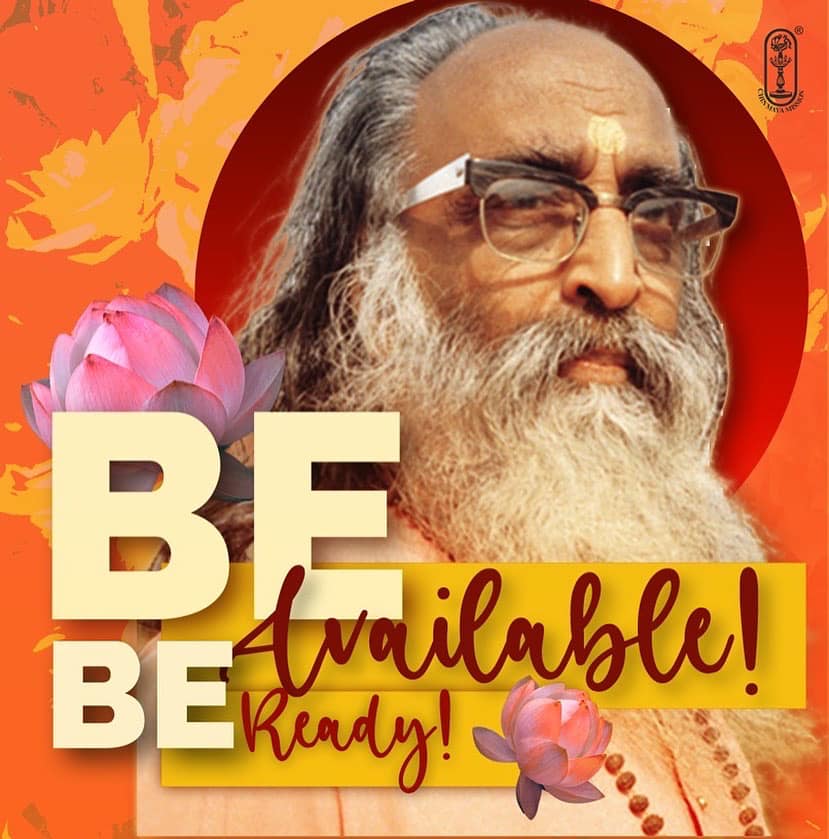KAIVALYA UPANISHAD : 13. Swami Advaitananda
========================================================================
=========================================================================
From the Atharva Veda (26 Mantras) : “The HOMOGENEITY of Brahman”
4. SUBSTRATUM OF THE STATES : (Mantras 12-14, 3 no.)
========================================================================
Thursday, September 29, 2022. 06:30.
Mantram - 13: The Dream and Deep Sleep Consciousness
Post - 13.
========================================================================
Mantram - 13 :
"Swapne sa jeevah, sukha-duhkha-bhoktaa
swa-maayayaa kalpita-jeevaloke;
sushupti-kaale, sakale vileene
tamas abhibhootah
sukha-roopam eti.
-------------------------------------------------------------------------------------------------------------------------
Translation :
5 Swapne sa jeevah, sukha-duhkha-bhoktaa = the dream state, the Jiva experiences both pleasure and pain,
6 swa-maayayaa kalpita-jeevaloke; = Maya creates by its own illusory power a world of imagination for the Jiva (to enjoy).
7 sushupti-kaale, sakale vileene = In the state of profound deep sleep, everything merges into its cause,
8 tamas abhibhootah sukha-roopam eti. = The Jiva is overpowered by Tamas, and comes to exist in its form of Bliss.
----------------------------------------------------------------------------------------------------------------------
Commentary :
The Dream State Experience: TAIJAS :
1-2 The dream state experience is similar to the waking state but with one very
important difference – the field of engagement is not the ‘world out there’ but an imaginary
creation of the ‘world in the mind’ set up entirely by Maya’s power of delusion. The
misapprehension of Reality becomes the cause of one’s experiences in dream.
Karma has no part to play in dream; dream experiences are not governed by the
Laws of Karma; and no Paapa and Punya are accumulated in dream. The individual, living in
his own imagined world, gets the full liberty to create experiences of a highly exaggerated
kind, not experienced in the waking state. There is full liberty given to one’s imagination –
for instance, one can fly in one’s dream. For this reason, the dream state consciousness is
called Taijasa, which reflects the “boundless effervescence of energy” available in this state.
The Deep Sleep State Experience: PRAJNA :
3-4 The deep sleep state is very different from the previous two states. Here
everything withdraws into its causal state. There is no mind available for this experience;
this means that there is no Ego in this state. But something has to be there to witness it, and
that is the Self, merely as a ‘spectator’. As far as the individual Jiva is concerned, there is the
total “non-apprehension” of Reality in this state of dark ignorance.
Due to the temporary absence of all transactions with the world, and the ‘switching
off’ of all thoughts of joy or sorrow, there is the experience of Bliss in this state. It is not a
mental bliss, for the mind is not there. Bliss is the natural state of the Self. But owing to the
“unconscious” nature of sleep, the Bliss enjoyed in sleep is not comprehended as one’s true
nature. The experience of it is ‘wasted’ in a sense. It is this Bliss that gives total rest to the
body and mind – one feels greatly refreshed and energized after sleep.
Acharyaji described this state as follows: “A blanket of thick darkness covers the
sleeper. He is warm and cosy inside it, a bundle of happiness! He does not like to be
disturbed in that state. When the alarm rings, he reluctantly drags himself out of this
comfort zone. The real ‘alarm’ is his Prarabdha Karma which drags him out of this temporary
comfortable forgetfulness of the world into yet another round of sensory bombardment.”
Thus did Acharyaji bring home to us the full significance of the three states of Jiva.
*****
Next-
Mantram - 14: Why Do the States Change?
To be continued ...
=======================================================================








.jpg)

Comments
Post a Comment